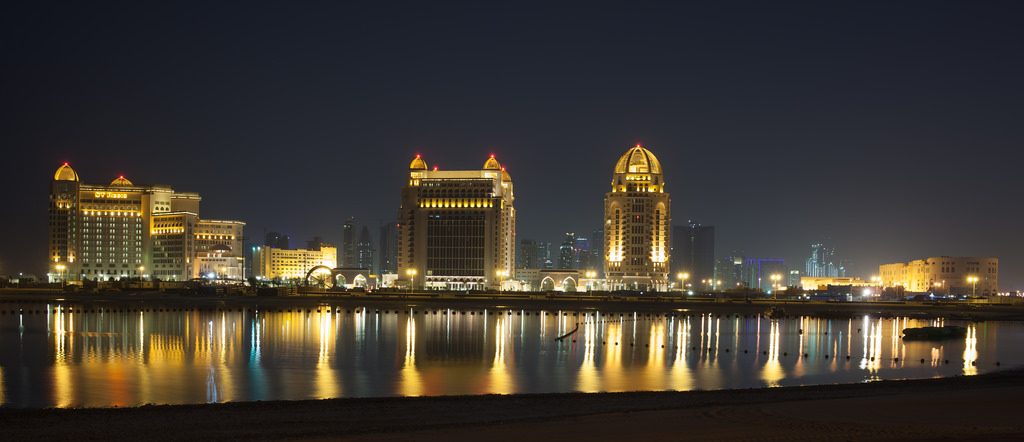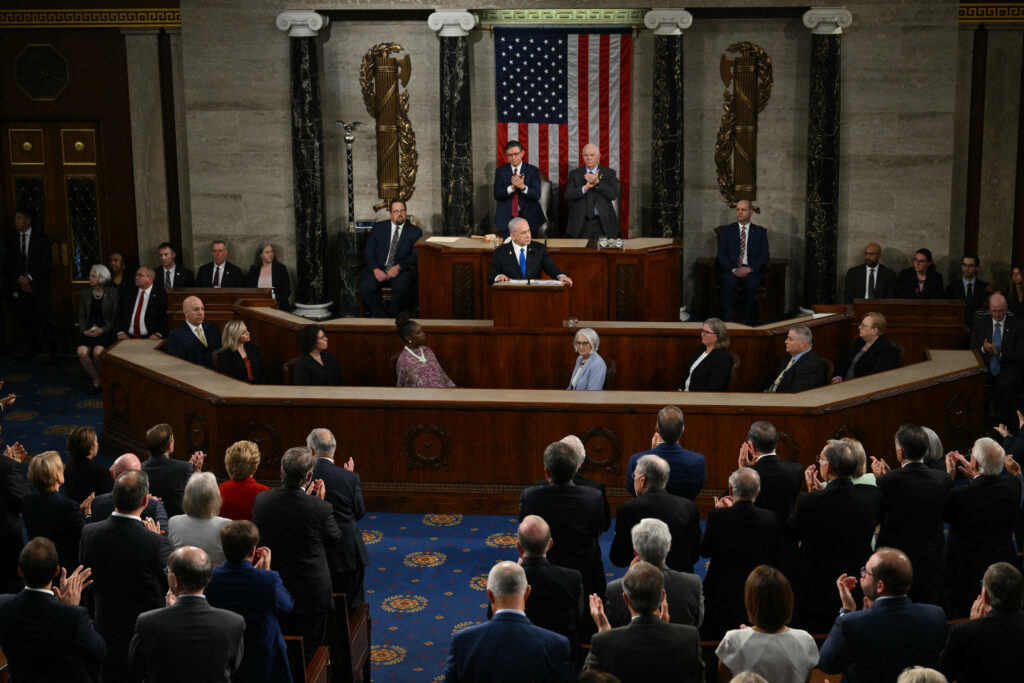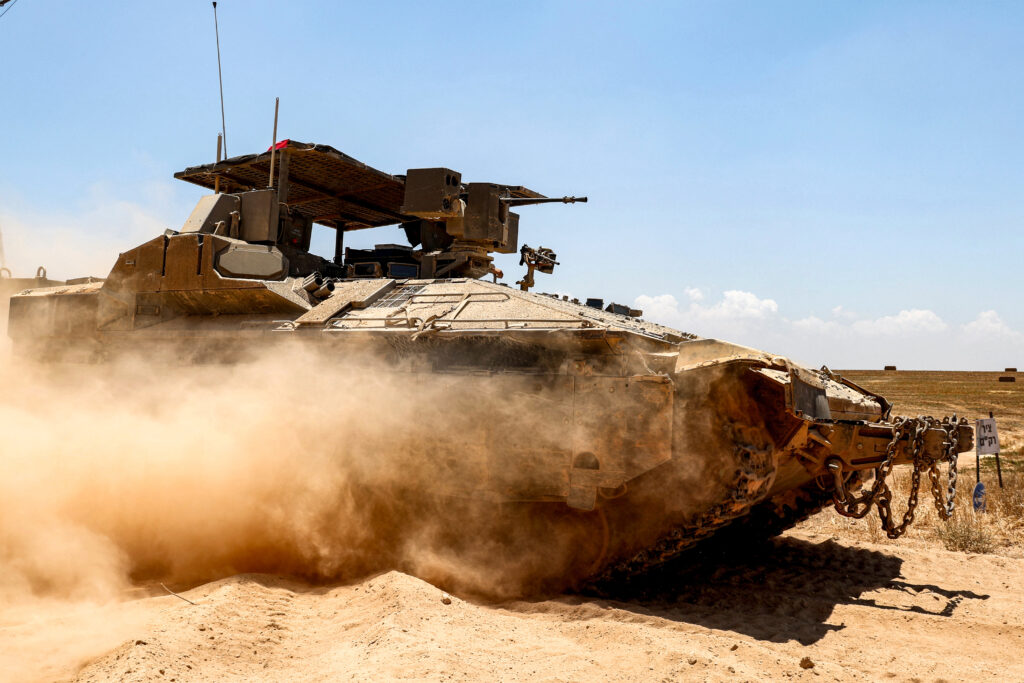Senior Research Fellow Mattia Tomba takes a look at Qatar and the strength of the Gulf Cooperation Council (GCC) a year into the Gulf crisis.
The GCC Crisis: One Year On
- - June 6, 2018

A year on since Saudi Arabia, the United Arab Emirates, Bahrain and Egypt imposed trade and travel bans against Qatar in an attempt to bring it to its knees, Qatar has not just survived whatever the Quartet threw at it, but seems even to have adjusted to the new situation. Qatar might have been taken by surprise, and the financial outflows and the costs have no doubt hit Qatar hard. But its accumulated reserves and its gas income have so far cushioned it well. Over time, it will undoubtedly become more difficult for Qatar to sustain the current level of expenditure. Yet its resilience and nimble responses have no doubt surprised many, not least the Quartet. There is little doubt that Qatar will be able to withstand the Quartet sanctions for years to come. And it continues to best the Quartet in the public relations game. What is less clear is how Qatar intends to garner strong security guarantees especially given US reluctance to apply greater pressure on Saudi Arabia and the UAE to lift the sanctions on Qatar. The long-term damage to relations among the Gulf countries is also unclear. Realistically, even if ties are restored among the Gulf countries, the wounds created will be difficult to heal in the short to medium term. Bilateral ties may become predominant to the detriment of traditional consensus-building.
Qatar’s minister of foreign affairs, Mr Mohammed Bin Abdulrahman Al-Thani, commented for the New York Times that a united Arab voice is needed for important regional issues and the need for the region to reprioritise its security interests by ending this chapter of Gulf history.
More in This Series
More in This Series
- Jean-Loup Samaan
- - July 11, 2024
- Aisha Al-Sarihi, Ehsan Rasoulinezhad, Jinseok Sung
- - June 20, 2024








